To make its electric vehicles (EVs) more efficient, Chinese automaker Nio is set to broaden its use of semi-solid-state batteries in its lineup. The expansion is expected to include eleven new models — a substantial increase from its current offering.
Nio’s journey with solid-state batteries began with the introduction of its 150 kWh battery pack. First unveiled in January 2021, this battery signaled a new era for the company’s flagship ET7 electric sedan. Despite initial delays, the first batch of these innovative cells was delivered by Nio’s partner WeLion in July 2023.
A Leap Forward
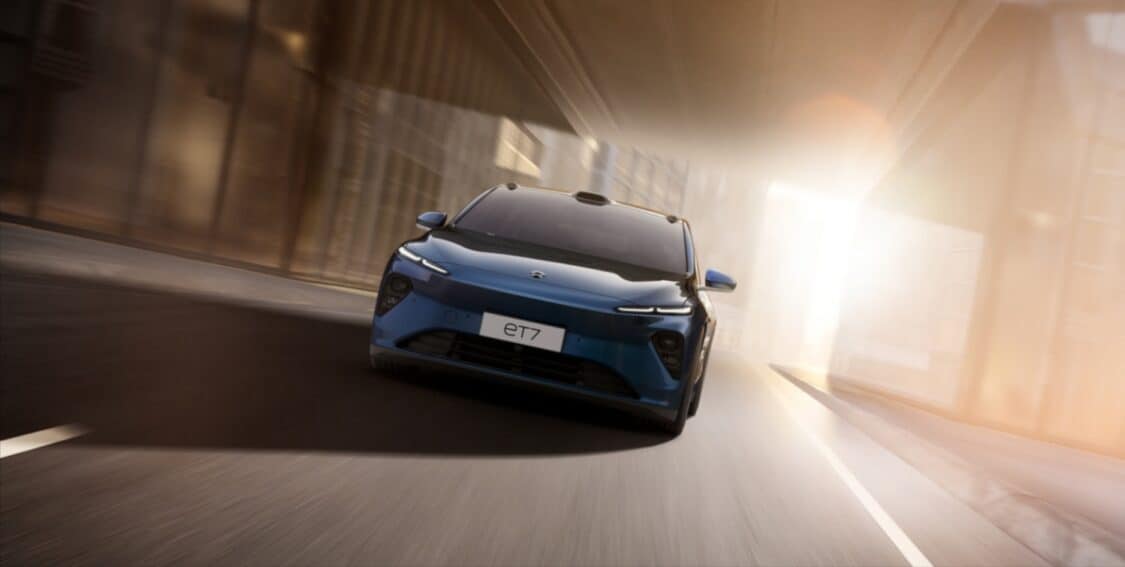
Nio’s 150 kWh semi-solid-state battery pack boasts impressive specs: an energy density of 261 Wh/kg and only a modest increase in weight compared to its predecessors. This development is not just a small step but a significant leap in EV battery technology. The solid electrolyte and advanced cathode materials used in these batteries promise enhanced performance and safety.
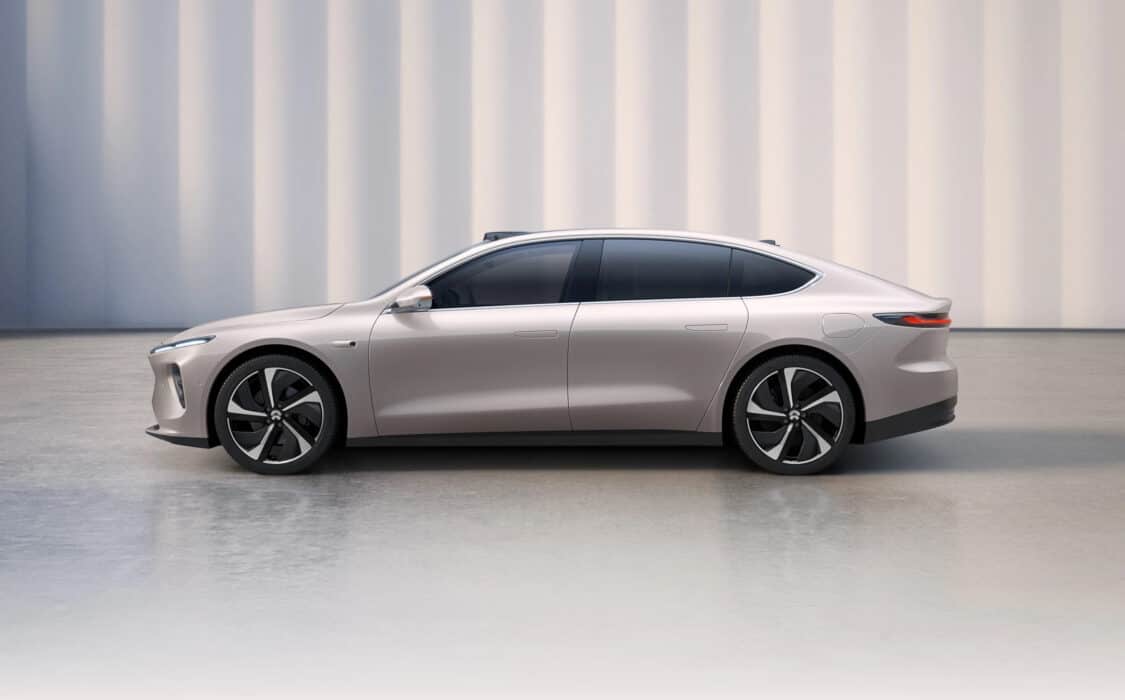
A recent test of the ET7 sedan saw the EV complete 648 miles (1,044 km) at an average speed of 52.1 mph (83.9 kph). That’s a huge range figure from the 150 kWh battery. There are other vehicles out there with large batteries but very few are this efficient – take the Rivian R1T for example, its 170 kWh battery will do an estimated 400 miles on a full charge.
Nio shows the capabilities of semi-solid-state batteries and their potential to help usher in a new wave of efficient EVs with more range than what’s currently on the market.
ADVERTISEMENT
Looking Ahead
With the inclusion of solid-state battery specifications in its digital user manuals, Nio signals the imminent arrival of these advanced batteries in its vehicles. The ES6 electric SUV, in particular, is slated to be among the first to offer this option.
What’s interesting about Nio’s business model is that the batteries aren’t bought as part of the vehicle sale but are instead rented out to the customer. This enables the use of the Nio battery swap stations, allowing customers to swap for a new battery pack when they run out of charge.
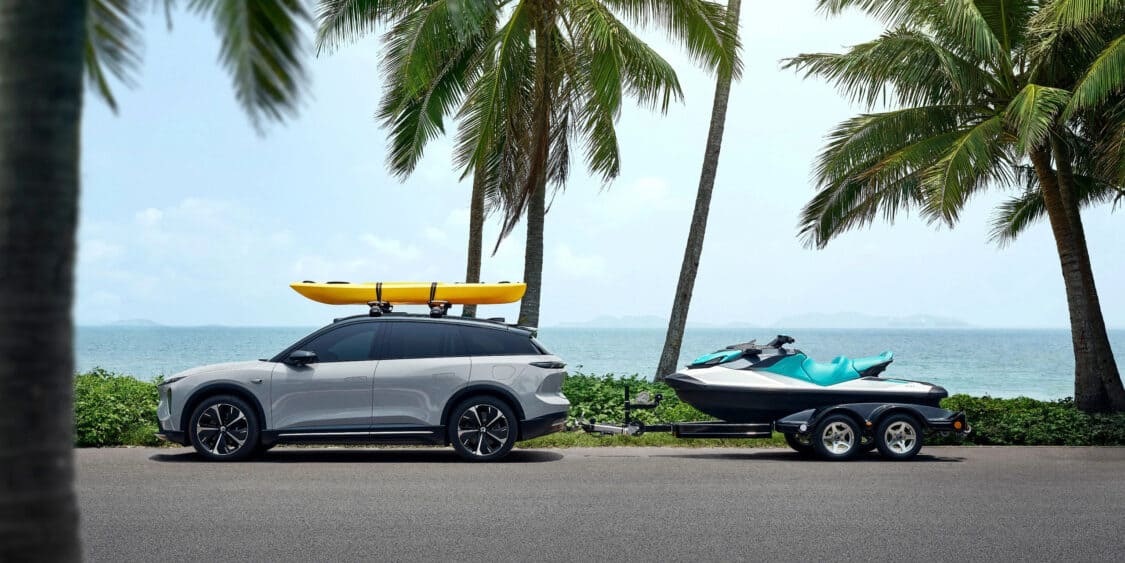
As Nio’s agreement with battery manufacturer WeLion isn’t exclusive, there’s a chance we could start seeing these batteries in other EVs in the future, too. For now, however, the industry eagerly awaits the full-scale implementation of these batteries in Nio vehicles.
While the promised range of 621 miles (1,000 km) on a single charge remains a target, the current 577-mile range (930 km) of the ES6 with the new battery pack is impressive – especially when compared with the cars currently on sale in North America and Europe.
When it comes to distance, Nio ushers in a new era of electric mobility. Their potential ripple effect across the global EV market could mean distances of 500-600 miles on a single charge are not just achievable but expected.
ADVERTISEMENT

SOURCE | IMAGES: NIO
FTC: We use income-earning auto affiliate links. Learn more.


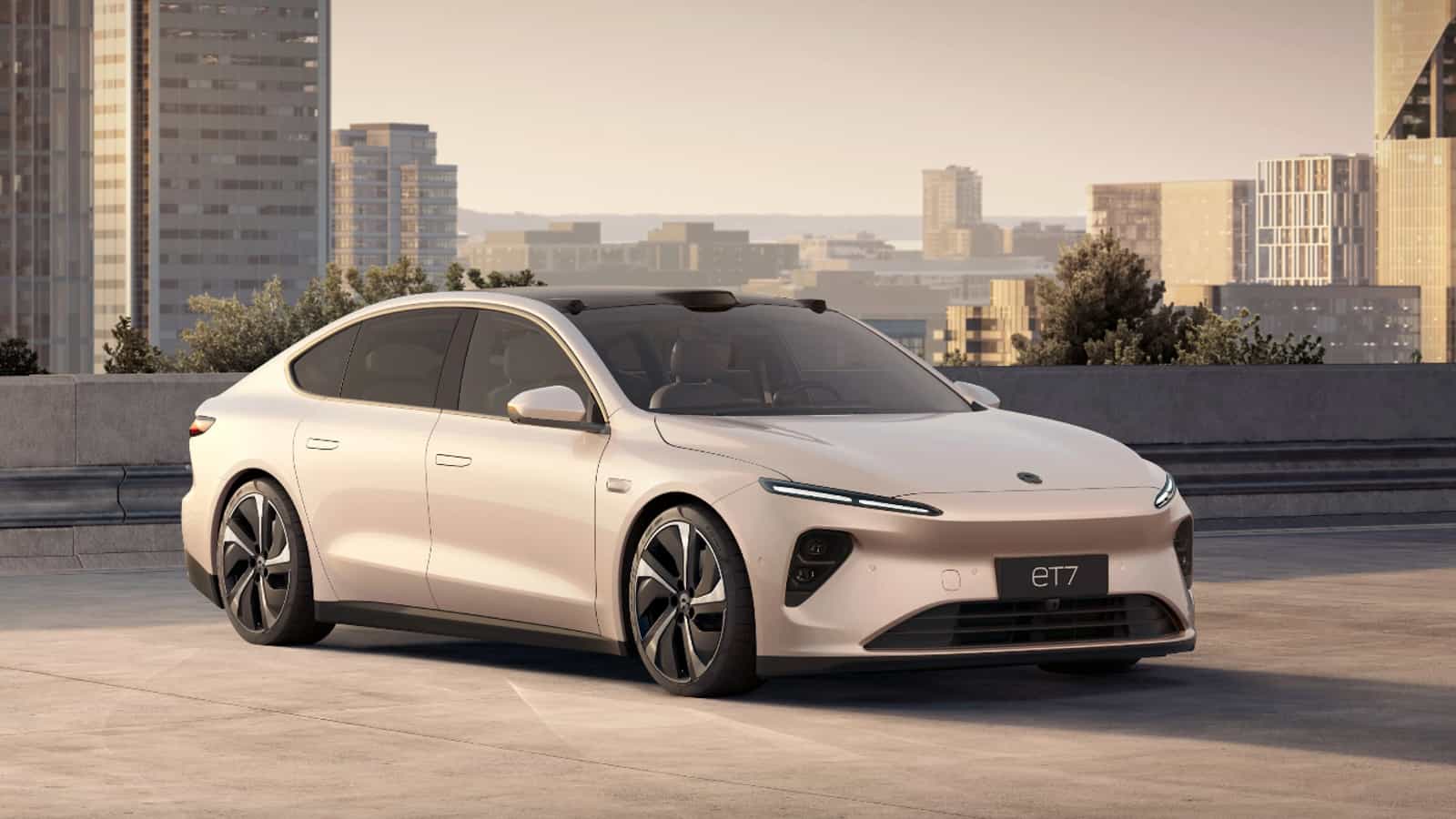


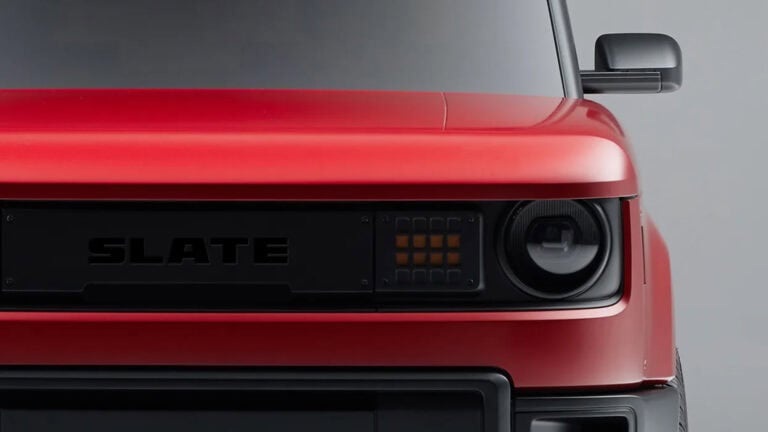
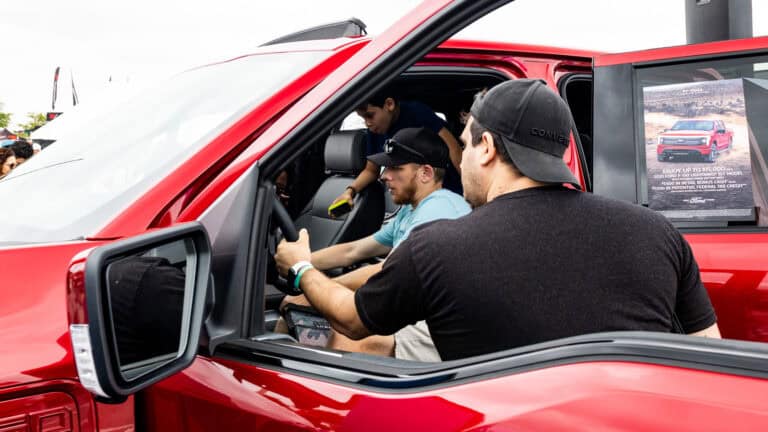
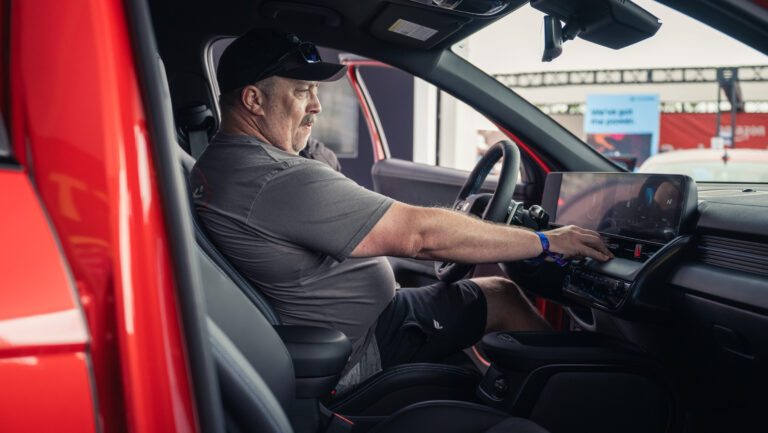
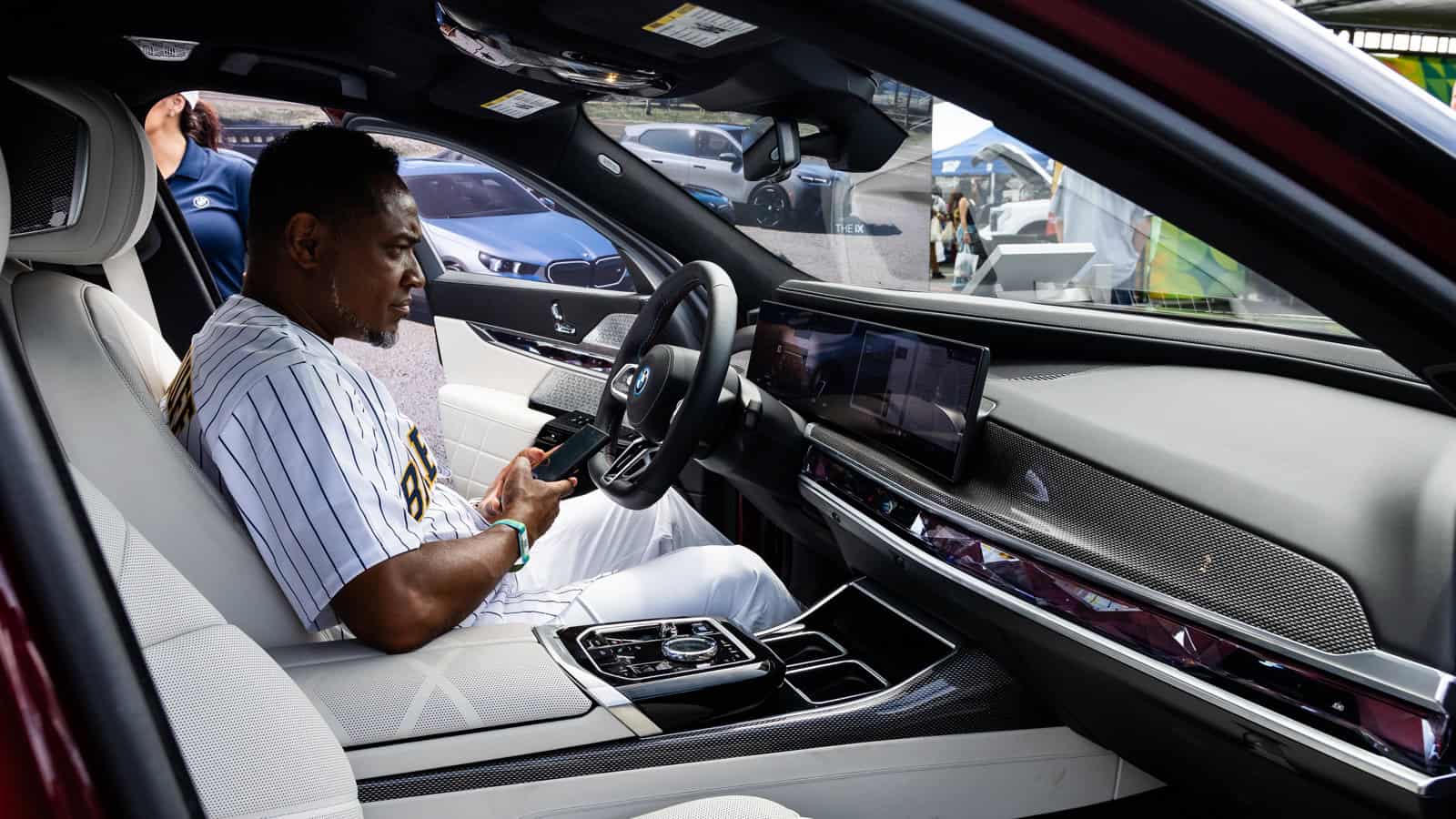
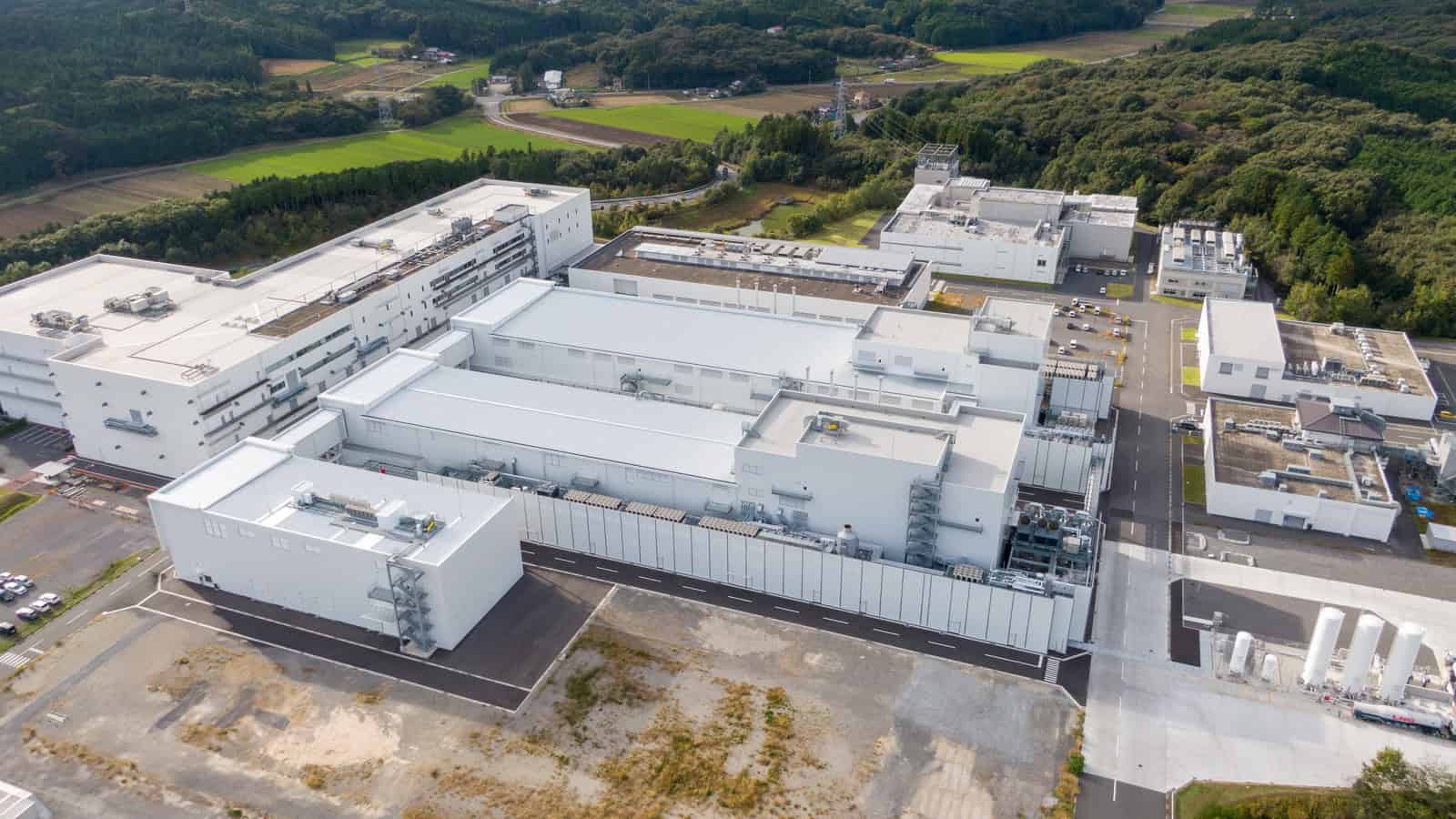
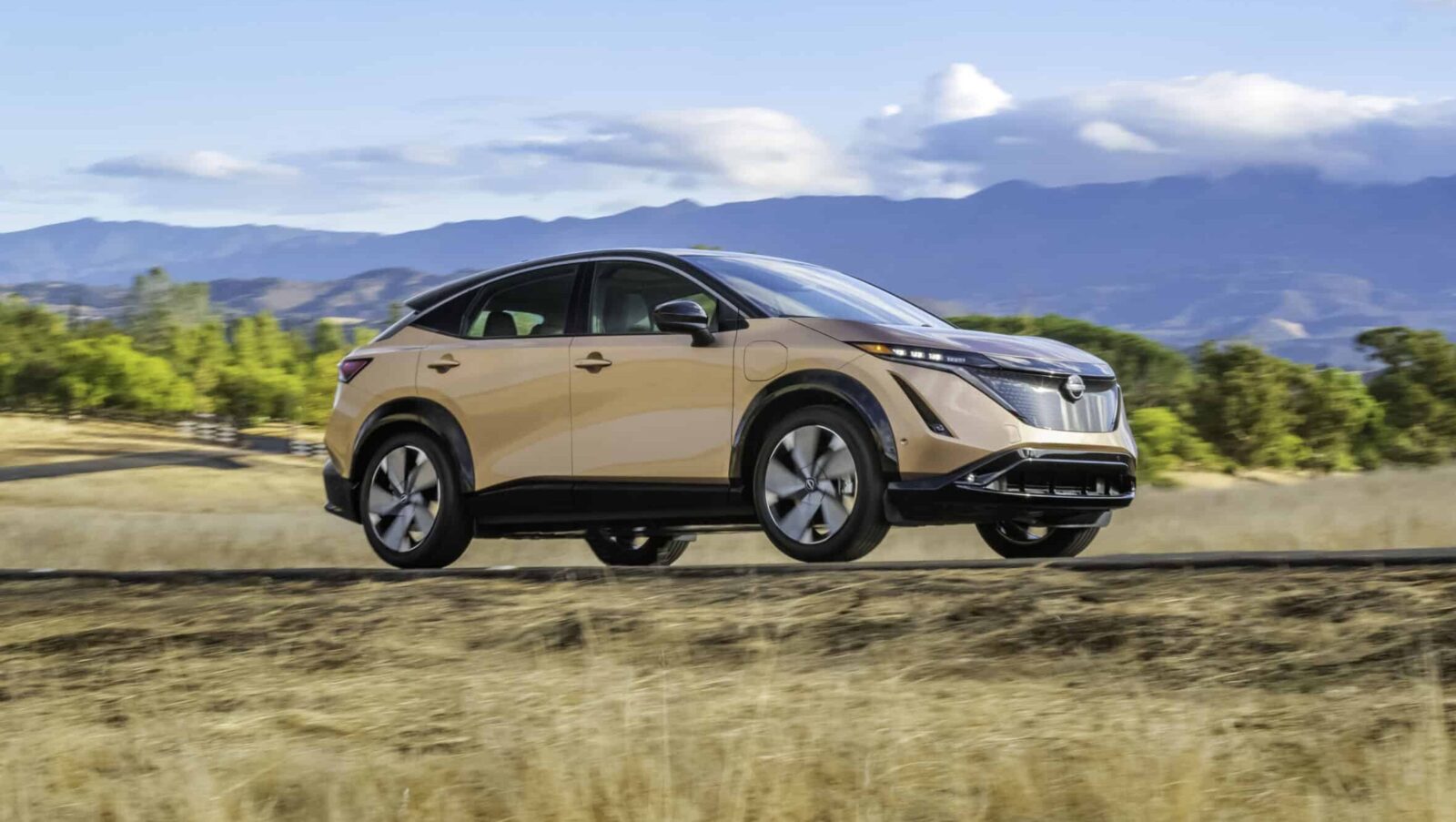
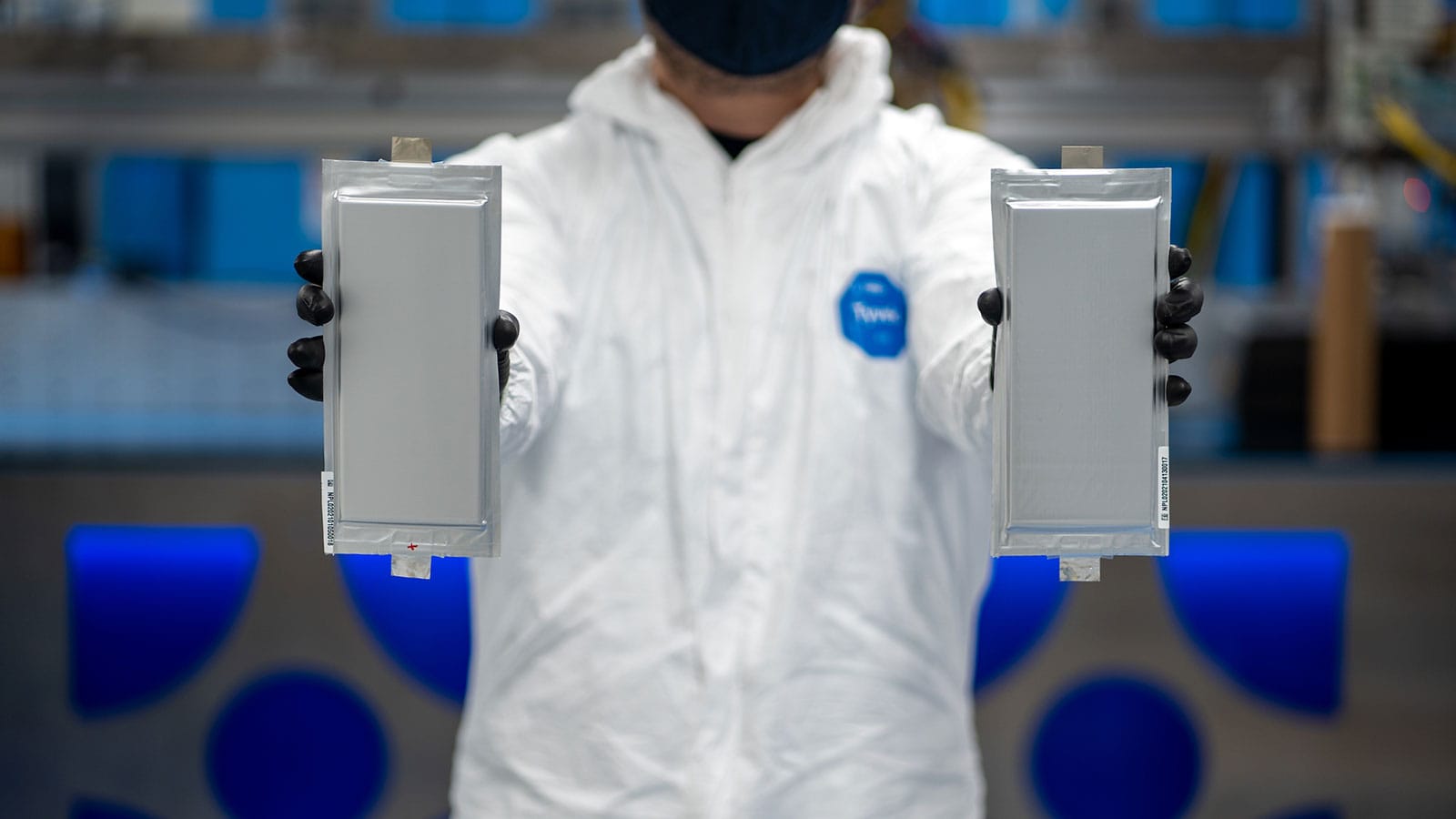
One Response